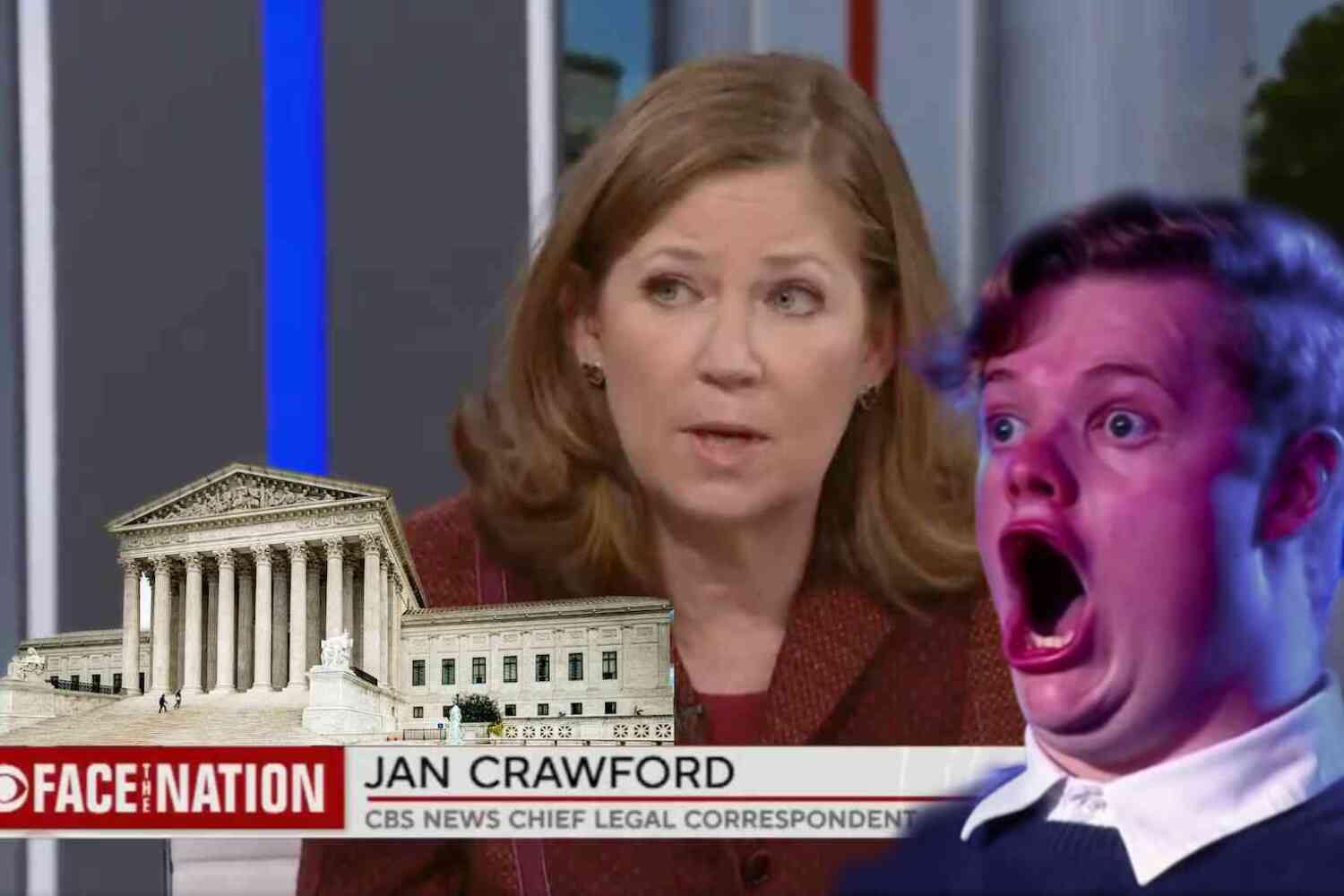A simple lesson in basic economics:
.
.
.

I sure hope that education you're still paying off provided enough knowledge for you to easily understand this connection.
If not, I'm sorry, can't help ya.
Again, this is Econ 101, folks:
The announcement this week that the administration is moving forward with canceling up to $20,000 of student loan debt for borrowers who earn below a $125,000 annual income threshold came as a relief to many, but it also may contribute to the already historic levels of inflation.
The move comes just weeks after Democrats and the White House hailed the passage of the Inflation Reduction Act, a piece of climate and tax legislation. Proponents argued that the bill would have deflationary benefits by slashing the deficit by some $300 billion over the next decade, according to scoring by the Congressional Budget Office.
We all know the Inflation Reduction Act wasn't really an act to reduce inflation, but let's jot down that $300 billion slash in the deficit just for the sake of this lesson.
Your Econ 101 professor goes on:
The new plan to cancel student loan debt, in comparison, would cost about $300 billion in the first year, according to the Penn Wharton Budget Model, hosted at the University of Pennsylvania's business school. The plan would cost $329 billion in total over the next decade.
"So you're looking at … a debt increase that would meet or exceed the expected deficit reduction from the Inflation Reduction Act. And so that's problematic," Garrett Watson, a senior policy analyst at the Tax Foundation, told the Washington Examiner.
Watson pointed out that the inflationary effects of student loan forgiveness might be more immediate than any disinflationary effects of the Democratic climate and tax legislation.
He said there will be an anticipatory response to the move, meaning that millions of people might begin to spend more in anticipation of getting $10,000 in debt offloaded.
Inflation is shaped by demand, meaning that when more people are going out and spending more money, prices are forced to increase in order to stay in balance with supply.
Pretty easy stuff to understand.
Assuming the Inflation Reduction Act had anything to do with inflation reduction, we are basically then using the act to pay for people's student debt.
Cool!
Real quick, I'm not gonna lie to you people, I was up late last night looking over my student loan, trying to figure out how much cash I could get returned to me (I owe $0, but I can still get back anything I paid after March 2020).
My initial thought when I saw the amount I will receive back was, "Okay, what can I spend that money on?"
I'm sure that's the same thought entering the minds of millions across the nation.
So get ready for prices to rise at an even faster rate than they already were!
P.S. Now check out our latest video 👇









